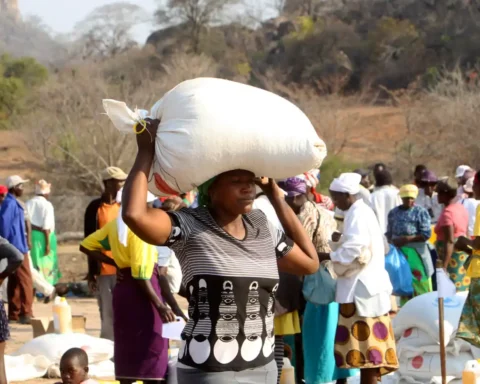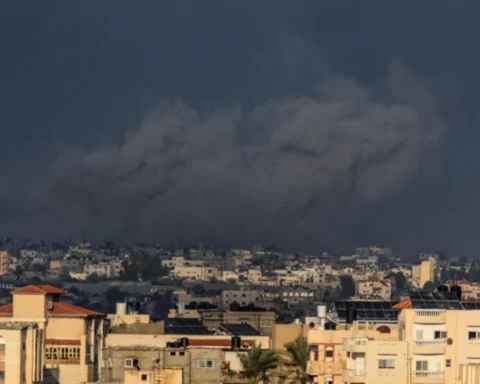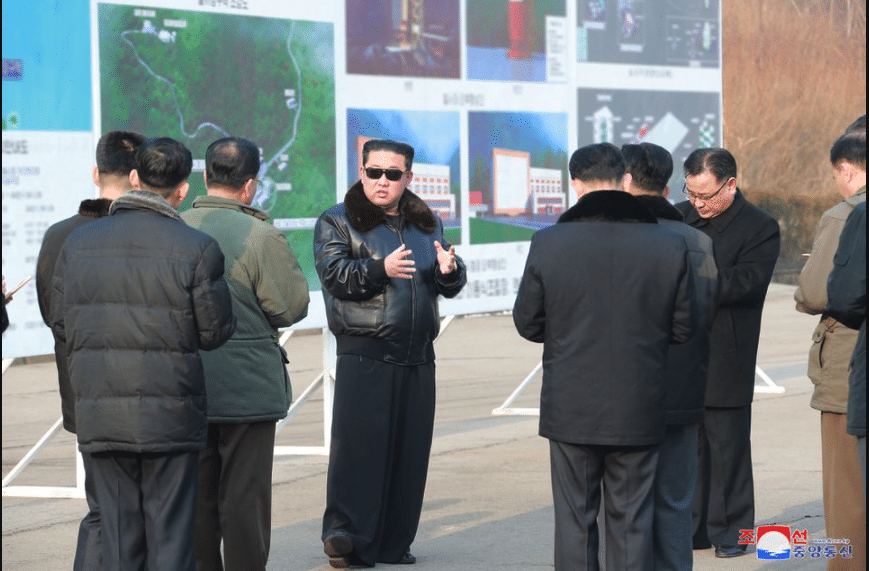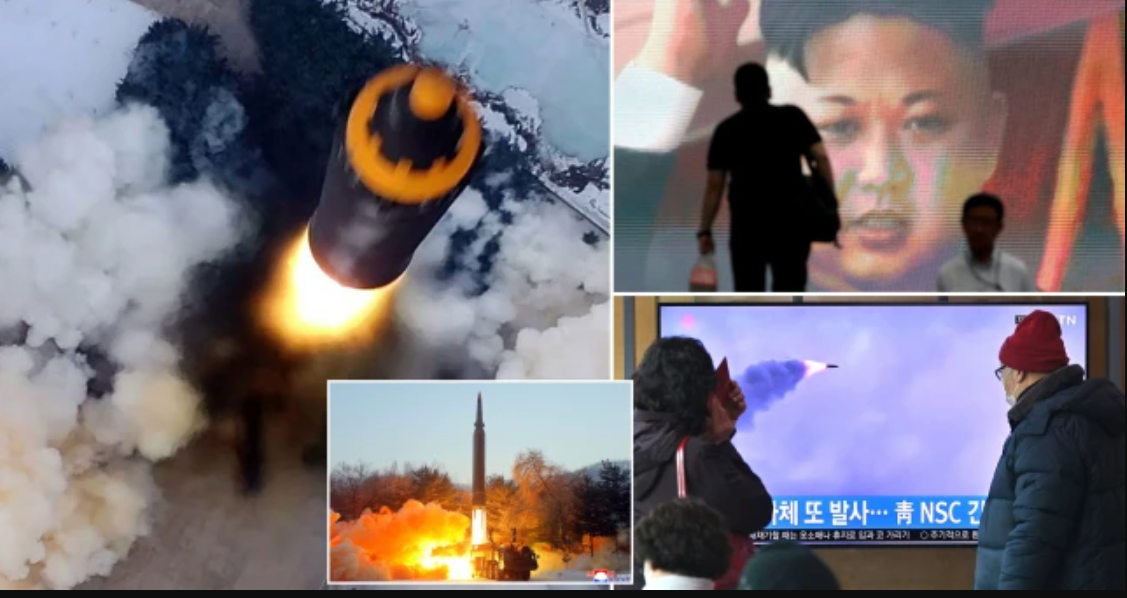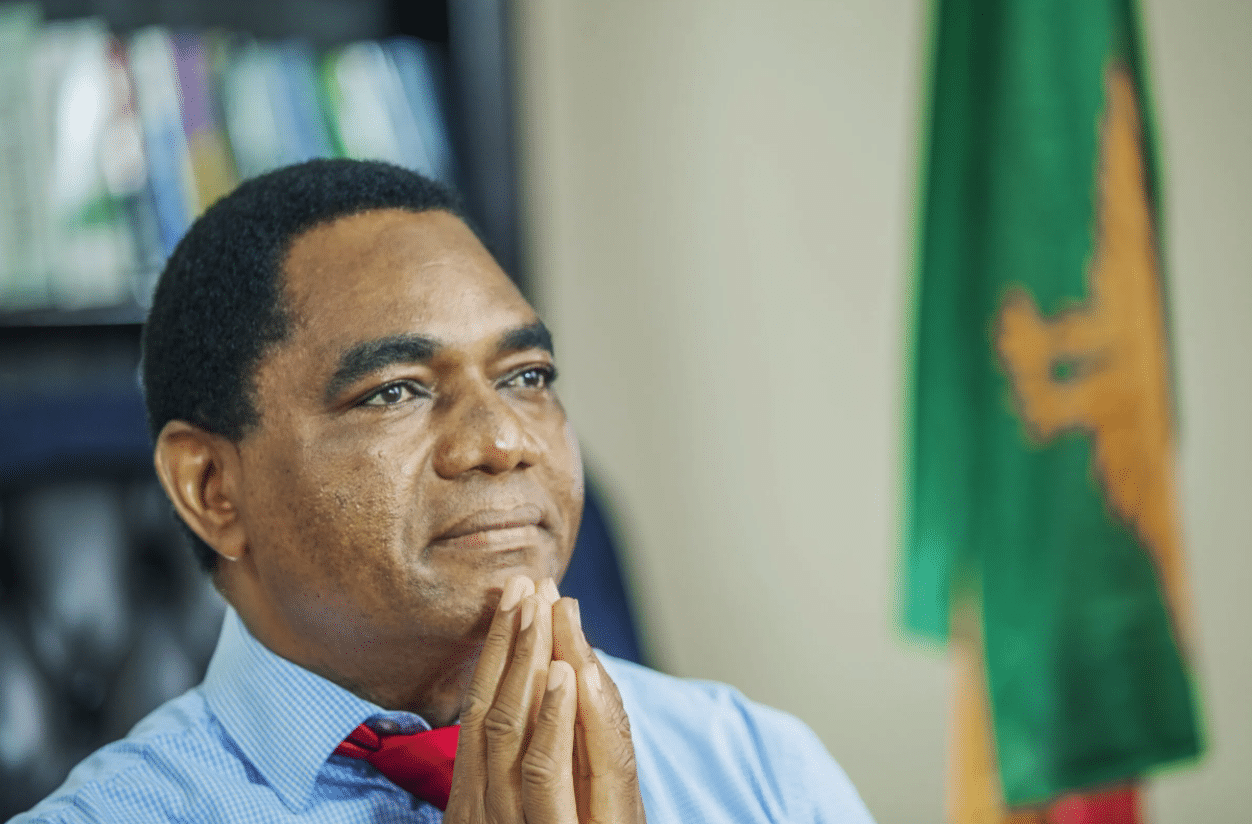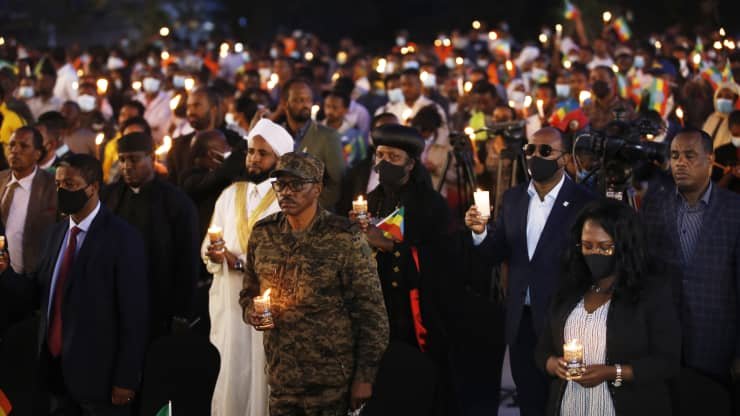The UN Security Council has unanimously adopted a US-drafted resolution imposing new sanctions on North Korea following its sixth and largest nuclear test.
With backing from China and Russia, the council voted 15-0 on Monday to slap a ban on textile exports and restrict shipments of oil products to North Korea.
The resolution is a watered-down version of the original US proposal.
It does ban North Korea from importing all natural gas liquids and condensates.
But it only caps Pyongyang’s imports of crude oil at the level of the last 12 months, and it limits the import of refined petroleum products to 2 million barrels a year.
It also bans all textile exports and prohibits all countries from authorising new work permits for North Korean workers – two key sources of hard currency.
The initial US proposal included an assets freeze on North Korean leader Kim Jong-un and a complete ban on countries selling oil to his government, but the measures were softened to appease China and Russia.
It is the ninth resolution unanimously adopted by the 15-member council since 2006 over North Korea’s ballistic missile and nuclear programmes.
‘Not looking for war’
US Ambassador to the UN Nikki Haley said the bans on textile exports and overseas workers alone would starve the Pyongyang of at least $1.3bn in annual revenues – an estimated $800 million and $500 million respectively.
She added that the US is not looking for war with North Korea and Pyongyang has “not passed the point of no return”.
“If it agrees to stop its nuclear programme, it can reclaim its future. If it proves it can live in peace, the world will live in peace with it,” she told the UN Security Council after the adoption of new sanctions.
“Today’s resolution would not have happened without the strong relationship that has developed between President [Donald] Trump and Chinese President Xi.”
Trump has vowed not to allow North Korea to develop a nuclear missile capable of hitting the mainland United States.
However, Al Jazeera’s Wayne Hay, reporting from the South Korean capital Seoul, said that “we seem to be stuck in this endless cycle of provocation and condemnation, and there is no sign of either side – the US and South Korea combined or North Korea – backing down from their state positions”.
North Korea was condemned globally for its latest nuclear test on September 3, which it said was of an advanced hydrogen bomb.
Resume talks ‘sooner rather than later’
China’s UN Ambassador Liu Jieyi called on North Korea to “take seriously the expectations and will of the international community” to halt its nuclear and ballistic missile development, and called on all parties to remain “cool-headed” and not stoke tensions.
Liu said relevant parties should resume negotiations “sooner rather than later”.
To kick-start talks, China and Russia have proposed a dual suspension of North Korea’s nuclear and ballistic missile testing, as well as US and South Korean military exercises.
“We think it’s a big mistake to underestimate this Russia, China initiative. It remains on the table at the Security Council and we will insist on it being considered,” Russian UN Ambassador Vassily Nebenzia told the Security Council.
Haley has called the proposal insulting.
Al Jazeera’s James Bays, reporting from the UN in New York City, said that while both China and Russia supported the sanctions resolution, “they made it very clear that they don’t believe everything is being done that should be done”.
He said that both countries “believe there are other things that have to happen, including some that the Trump administration won’t like”.
“This includes removing the THAAD military defence system, stopping military exercises, involving the US and South Korea, stopping talk of regime change, and starting fresh talks.”
US will pay ‘due price’
North Korea warned the United States earlier on Monday that it would pay a “due price” for spearheading efforts on UN sanctions.
“The world will witness how the DPRK tames the US gangsters by taking a series of actions tougher than they have ever envisaged,” the foreign ministry said in a statement carried by the official KCNA news agency.
DPRK stands for the North’s formal name, the Democratic People’s Republic of Korea.
Traditionally, the United States has discreetly negotiated with China on any North Korea sanctions before expanding talks to the full council once the five veto powers have agreed. More recently this has typically taken one to three months.
But after the latest nuclear test, Haley took a more public approach, announcing that she would circulate a draft resolution to all council members and that she intended to call for a vote on September 11.


